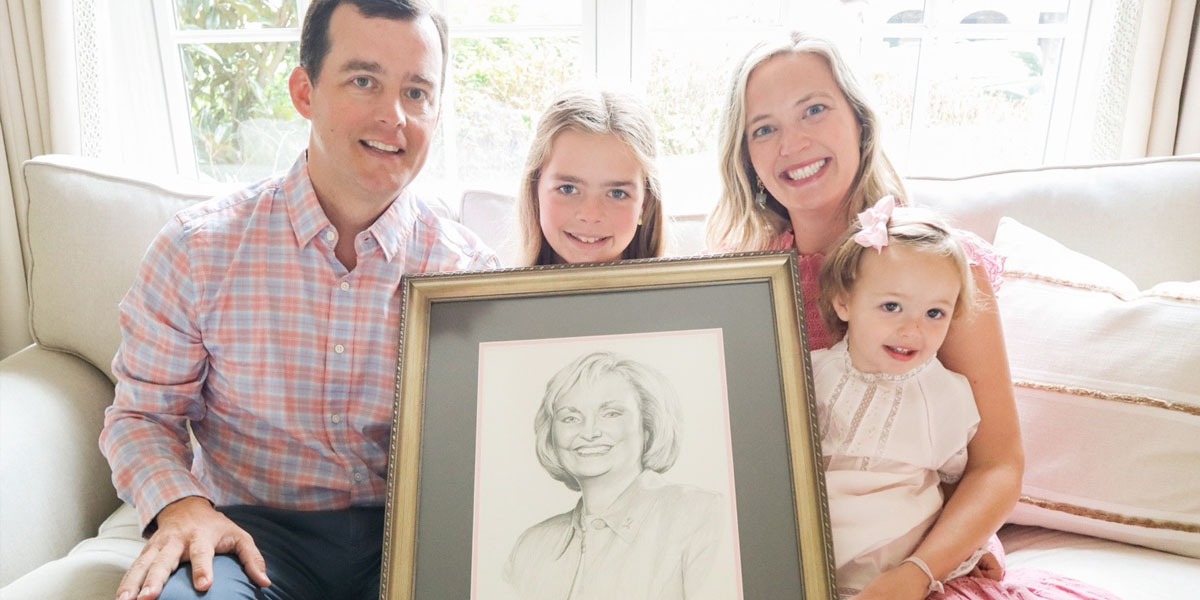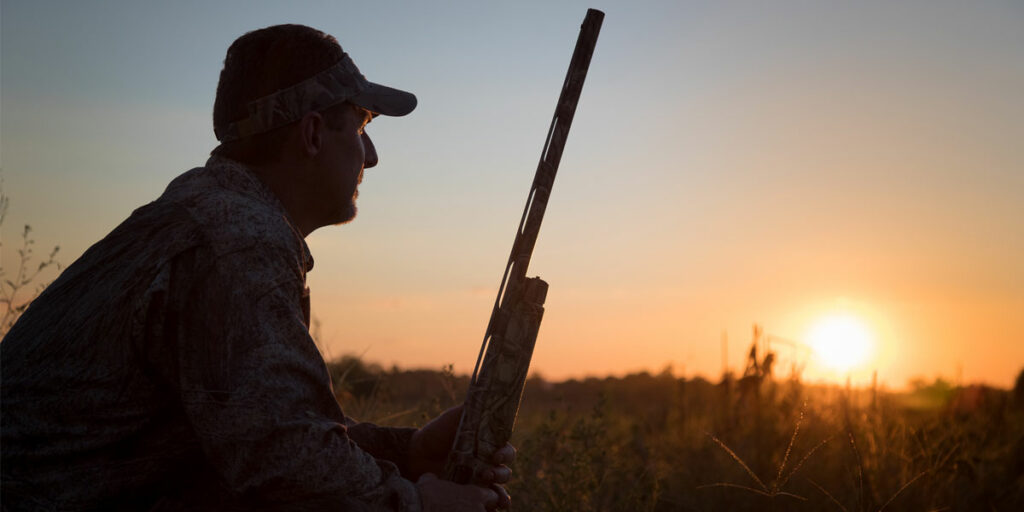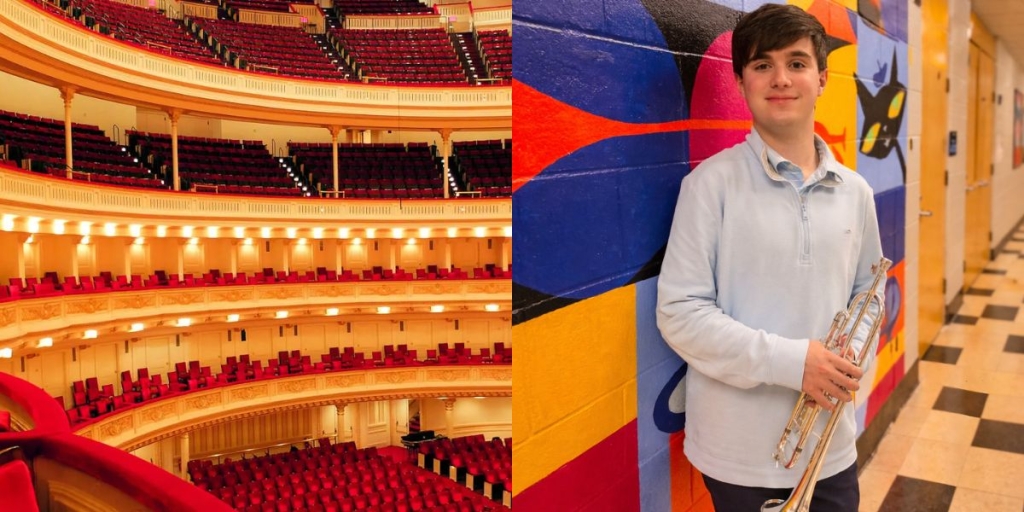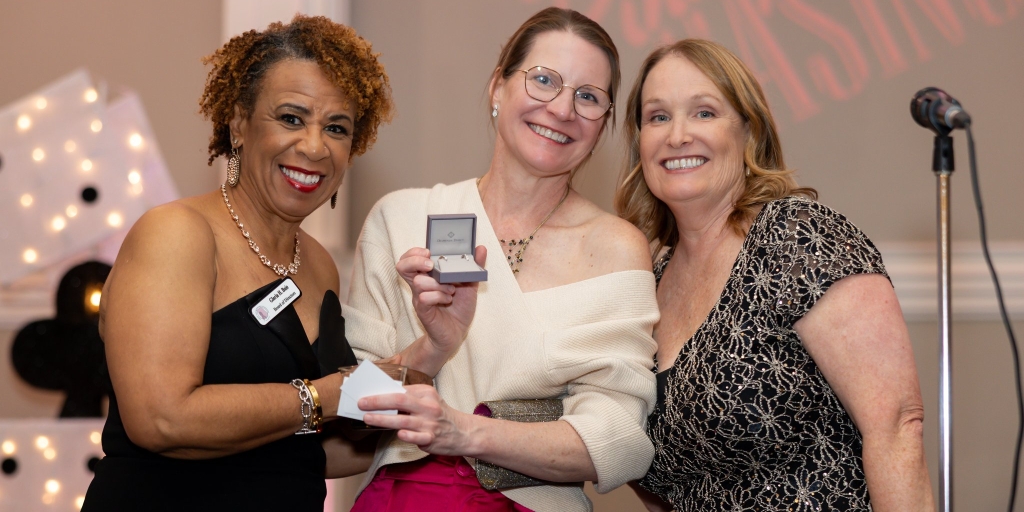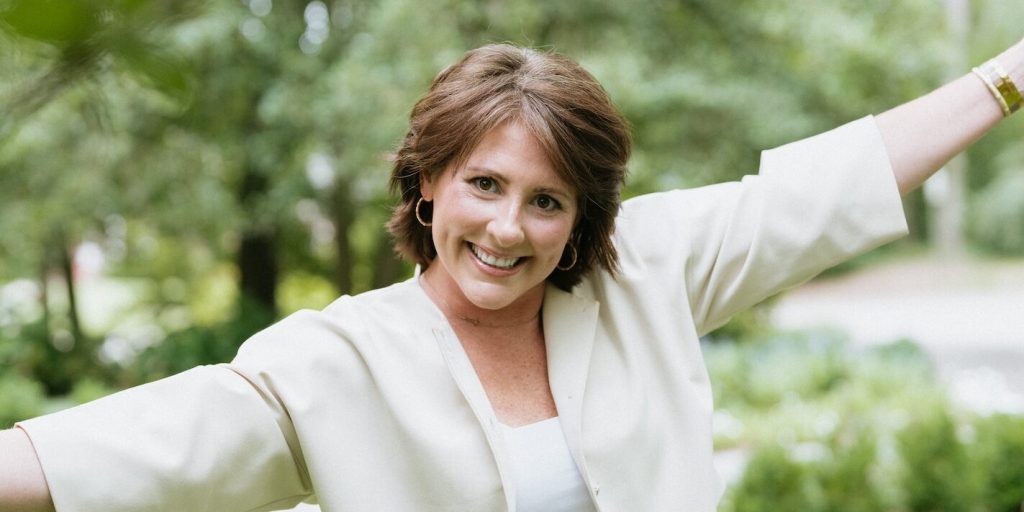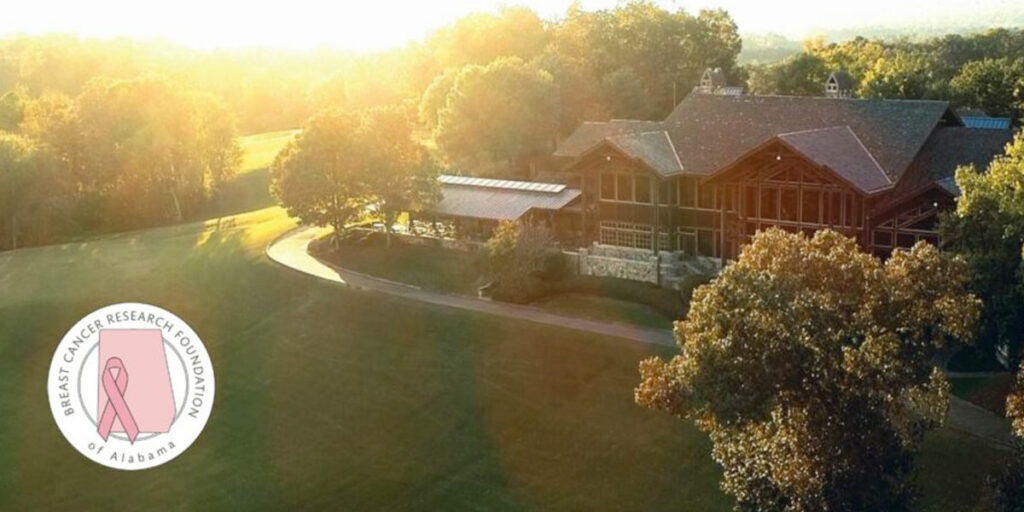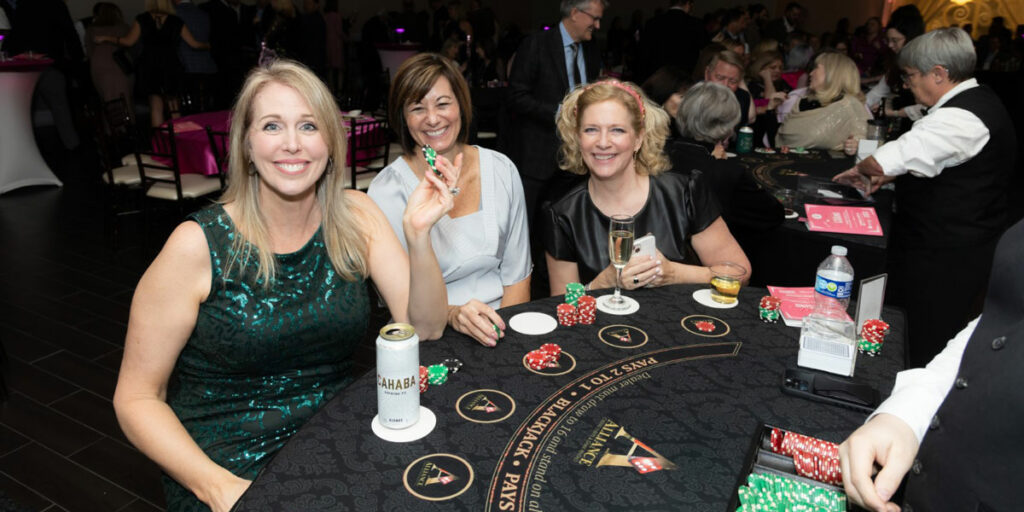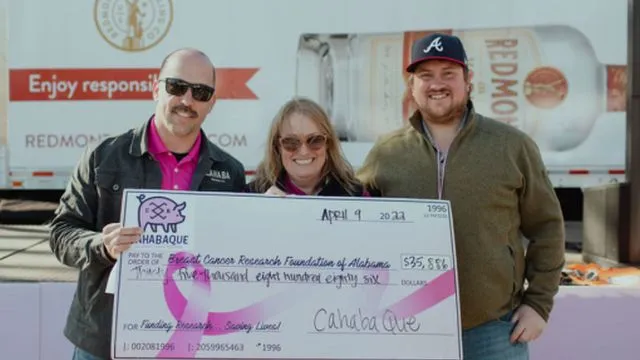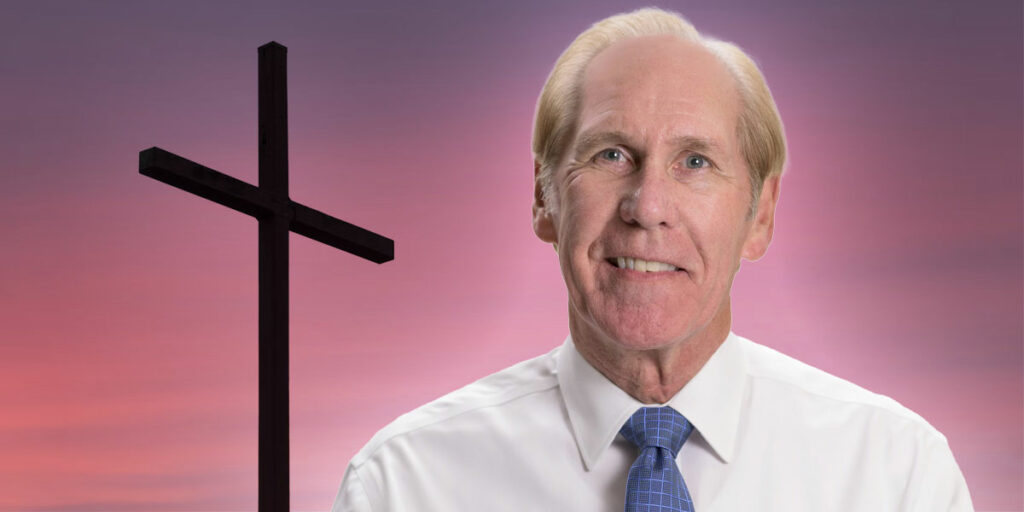The Breast Cancer Research Foundation of Alabama is well-known throughout the state, but few know the story behind the foundation’s co-founder Dolly O’Neal.
We had the incredible opportunity to sit down with her son and daughter, Camper O’Neal and Amy Stevens to discuss Dolly’s inspiring legacy.
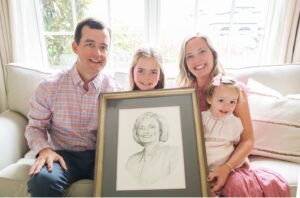
SoulGrown: We would love to know, from your perspective, how it all started with Dolly.
Camper:
She was diagnosed with breast cancer in 1994 when I was 12. She was diagnosed, and immediately she wanted to do something. Not long after, she was introduced to Bruce Sokol. He had a great quote in an article after my mom passed away, basically saying, “I gave Dolly a nudge and I’ve been holding on for dear life ever since.” They were great partners together.
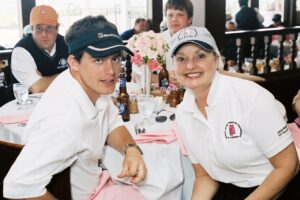
Bruce lost his wife in the late nineties to breast cancer. He is an outstanding person, just one of the salt of the earth people. And naturally they matched up really well.
At the end of the day, she wanted to create a foundation that would fund research. So that if her daughter ever got it down the road—30, 40 years or more—by that point, maybe there was a cure.
SoulGrown: She sounds incredible. What would you consider the true first step for the foundation?
Camper:
It started with a golf tournament. We just had the 27th golf tournament recently. It’s one of our biggest fundraisers and raises a little over a hundred thousand dollars annually. Over time, it has gotten bigger and bigger. At one point, we were the largest annual contributor to UAB, and we have expanded since. We are at universities across the state—Auburn, Alabama, Hudson Alpha Institute for Biotechnology, and the University of South Alabama, for example.
What’s wild about her story is that she created the foundation to raise money to fund research so that her daughter wouldn’t have to deal with cancer. And ironically, she was diagnosed again in 2008. It turns out, the drug that she used called Femara had been partially funded by the Breast Cancer Research Foundation of Alabama a few years before, helping it advance in the clinical trials. So, the research funds that she raised funded a drug that put her in remission within six months.
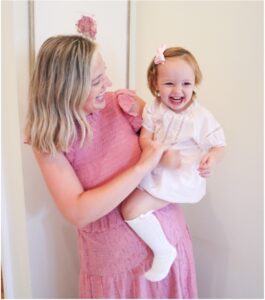
SoulGrown: Wow. What a full-circle moment.
Camper: Unfortunately, it came back in 2013. She got through it in about six months, it came back in late 2014 and was really tough.
Amy:
Dr. Forero always said she was the poster child for research and what these trial treatments can do. What’s amazing is that from 2008 it was six years that she was in remission. And within that time all of us got married and had kids.
Camper:
Yes. So, she got to see it all because of that drug that the BCRFA had helped fund. When she was diagnosed, Dr. Forero told her she had probably six months to live. And then she defied the odds and was able to see all her children get married and all her children have a child. So, it’s really amazing.
Amy: The timing is wild when you think about it. She actually passed away on the day of the golf tournament.
Camper:
The 20th anniversary of the golf tournament. She didn’t pass until we returned home from the golf tournament and told her how great the day was.
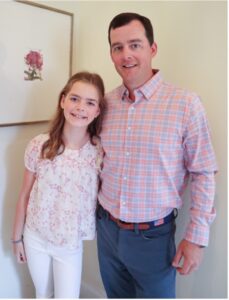
Amy: Also, Camper’s daughter is such a huge advocate for the BCRFA.
Camper:
She loves it. She had a lemonade stand two days ago and raised money for BCRFA. So, mom’s still very much a part of our life. My son was at camp last week and sent a letter home asking for us to send a picture of DD to him. She has quite a legacy, that’s for sure.
Amy:
We have a run now [Pink Up The Pace] that includes kids and whole families and it’s really fun for them to actively do something that honors their grandmother. Of course, they talk about her and remember her, but it is nice that they feel like they can actively do something to honor her.
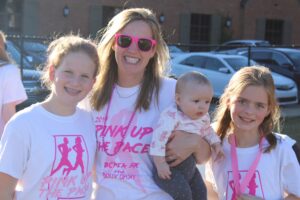
Camper:
As part of that legacy, for example, Amy, being her mom’s daughter, started the junior board. So, she started the junior board and they started [Pink Up The Pace] in Crestline—400 people or so. The community really comes together for things like this. It’s such a fun event with a 5K and mile-long Dolly Dash that kids can run or scoot on their scooters.
SoulGrown:
That’s amazing and so crucial. What can get lost a lot of the time in charitable efforts is the inclusion of the next generation. For kids, it seems donations and funding are very much a parent’s conversation. This creates a space where the effort can be generational.
How do you think Dolly’s essence or spirit has stayed alive in your family after her passing? Are there certain qualities of hers that you think you or your children carry?
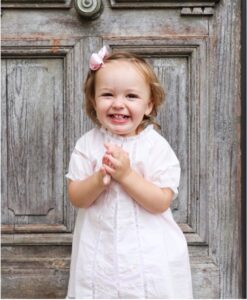
Camper:
She was the most positive person you’ve ever met even with the cloud of cancer looming. She never complained. She’d play 70 or 80 rounds of golf a year. She’d go to every wedding, and she’d be the last one there dancing and having fun. So, I would say her legacy for us as children is the impact of a positive attitude.
One time I asked her, “How are you always so happy?” She responded, “It took me having cancer to realize I have to love myself first before I can love anybody else.”
SoulGrown: That’s powerful. What an amazing story and inspiring attitude.
To pivot slightly, we would love to know what your hopes are for the foundation in the coming years.
Camper:
We have had many conversations about our goals, and we really believe that we’re going to find a cure for breast cancer. We have seen such encouraging improvement over the years. Our brother, for example, has melanoma. He has done a year of immunotherapy and while he has had some side effects, for the most part, he has been able to work a full schedule.
SoulGrown:
Wow. That is very encouraging.
So, locally, what would be the ideal involvement? What’s the most impactful way for people to get involved with the BCRFA?
Camper:
I’d say the long-term easiest, most impactful way is to buy the Breast Cancer Research specialty license plate. It is a huge way for us to raise funds, and it is something very simple. It is also amazing for awareness.
But donations are the most important. It goes straight to research, and all the research stays in Alabama. We never send it out of state.
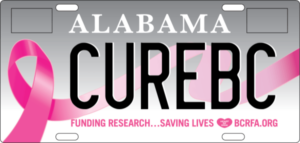
Amy:
And if you aren’t able to give a donation, there are other ways people like to get involved. It can even be something like hosting your own fundraiser for the BCRFA. We have had groups get in touch about working with the BCRFA for an archery competition or a motorcycle ride . The options are limitless. Anything that can create awareness is so helpful.
Camper:
Also, with the donations we receive, Mom wanted the money to go to work immediately. So, the money that comes in goes out the same year. But what’s wild about that is that the research scientists are able to conduct based on BCRFA funding can be help them gain enough data to apply for a federal grant. There are examples of someone receiving $80,000 over two years from the BCRFA and leveraging that research to get a $5 million grant. That federal money comes to Alabama. So, there’s an economic impact.
SoulGrown: That is a very important point. The money stays in the state, has the chance to multiply, and boosts the economy simultaneously.
Camper:
Yes. I think that’s important because of the local impact it has. All the money stays here in Alabama. All the money goes to work as soon as it possibly can.
Amy: With, of course, the goal being the cure, which is not as far off as most people think.
To donate to the Breast Cancer Research Foundation of Alabama, click here.
For information on how to purchase a BCRFA Breast Cancer Research car tag, click here. The BCRFA receives $41.25 of the annual tag fee and invests 100% of those funds in breast cancer research in Alabama. The donation of $41.25 is tax-deductible.
(Courtesy of SoulGrown, a subsidiary of Yellowhammer Multimedia)




